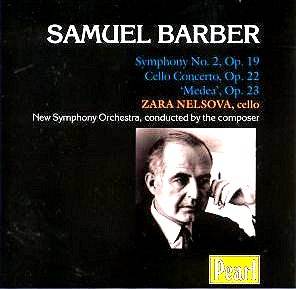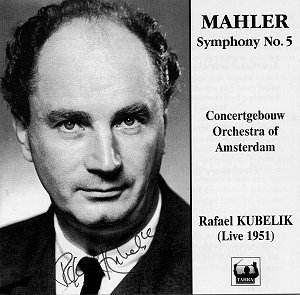 Composer: Franz Joseph Haydn
Composer: Franz Joseph Haydn
Works: The Seasons (highlights)
Performers: Gundula Janowitz (soprano), Werner Hollweg (tenor), Walter Berry (bass), Chorus of the Deutsche Oper, Berlin, Berlin Philharmonic Orchestra, Herbert von Karajan (conductor)
Recording: Berlin, 1972
Label: EMI CLASSICS CDE 574977
Franz Joseph Haydn’s “The Seasons,” composed in 1801, stands as a significant yet often overshadowed work in the oratorio tradition, frequently eclipsed by its more illustrious predecessor, “The Creation.” This highlights recording, originally released in 1975, attempts to distill the essence of Haydn’s pastoral tale, encapsulating the cyclical rhythms of rural life in Lower Austria across the four seasons. While it is often debated whether “The Seasons” holds a higher compositional value than “The Creation,” this recording invites listeners to reconsider its merits, albeit through a selective lens that may leave one yearning for more.
The performance led by Herbert von Karajan exhibits a lushness that is characteristic of the Berlin Philharmonic’s sound. Karajan’s interpretation is undeniably romantic, with an emphasis on orchestral color and texture that can at times overshadow the vocal lines. This is particularly evident in the sections that feature Gundula Janowitz, whose soprano voice possesses a unique timbre, airy yet substantial, perfectly suited for the work’s pastoral themes. Janowitz’s portrayal of Hanne, the central female character, is both ethereal and grounded, particularly in her duet with the oboe in the Summer section, where Haydn’s writing merges spiritual optimism with earthy sensuality. The oboe’s rich, plaintive voice complements Janowitz beautifully, but one must note that Karajan’s slower tempos risk diluting the work’s inherent momentum, especially when juxtaposed with more vigorous interpretations, such as that by Karl Böhm.
The recording quality is exemplary, capturing the resonant acoustics of the Berlin venue and the rich textures of the orchestration. However, the decision to omit key sections, such as the poignant opening of Spring and the radiant sunrise in Summer, raises questions about the compilation’s intent. These omissions, while perhaps well-meaning in an effort to streamline the experience, deprive the listener of some of Haydn’s most evocative music, leaving us with a highlights disc that is at times frustratingly incomplete. Notably, the orchestral brilliance of the hunting horns in Autumn is a highlight, showcasing Haydn’s skill in weaving instrumental color into the vocal narrative.
Comparatively, Janowitz’s earlier recording with Böhm offers a more cohesive and energetic interpretation, emphasizing a lively momentum that aligns better with the work’s thematic content. Böhm’s approach is brisk and more suited to a complete performance, whereas Karajan’s lush soundscapes, though beautiful, can feel excessively indulgent. Each conductor brings their own vision to the work, yet the absence of certain musical passages in this highlights edition leaves the listener with an incomplete picture of Haydn’s artistic intentions.
The artistry displayed in this recording is commendable, particularly Janowitz’s captivating performances, which remain a high point. However, the selective nature of the highlights raises a critical challenge: while it may serve to showcase the most delightful moments, it ultimately fails to present “The Seasons” as a unified whole. The listener is left to grapple with the question of whether such selective listening can truly do justice to Haydn’s vibrant musical tapestry. For those seeking to appreciate the full breadth of Haydn’s genius, the complete performance remains the preferred choice, while this highlights version serves as a tantalizing but ultimately incomplete glimpse into his pastoral vision.



